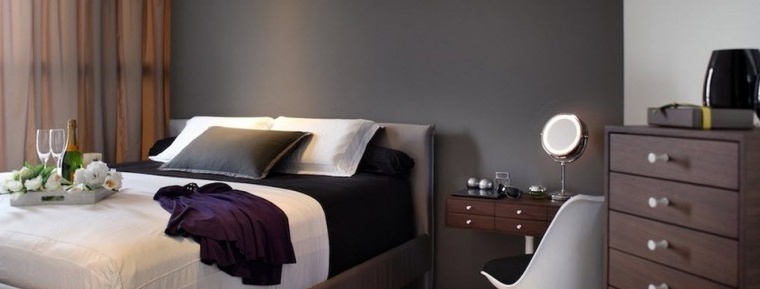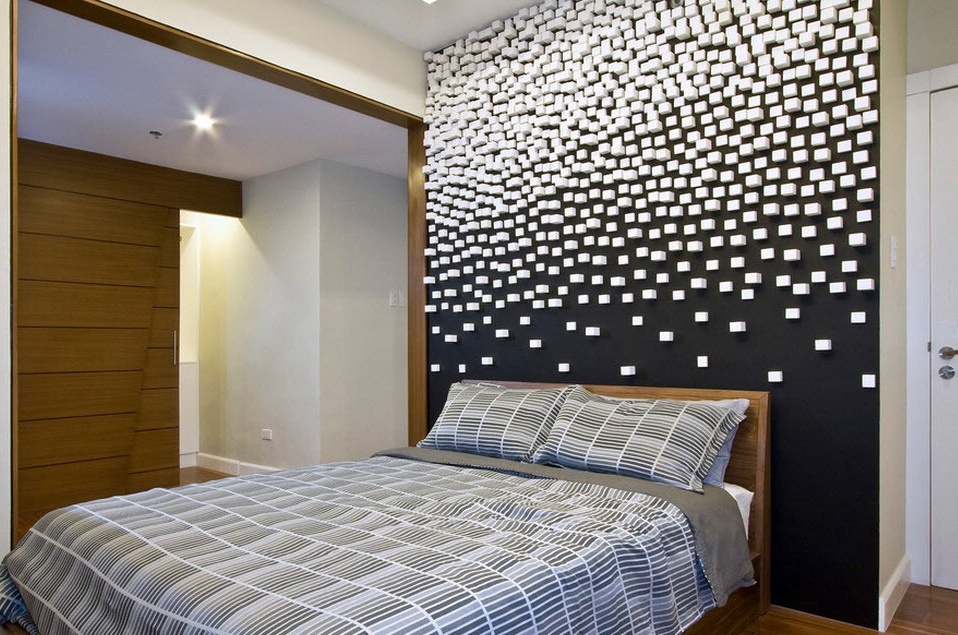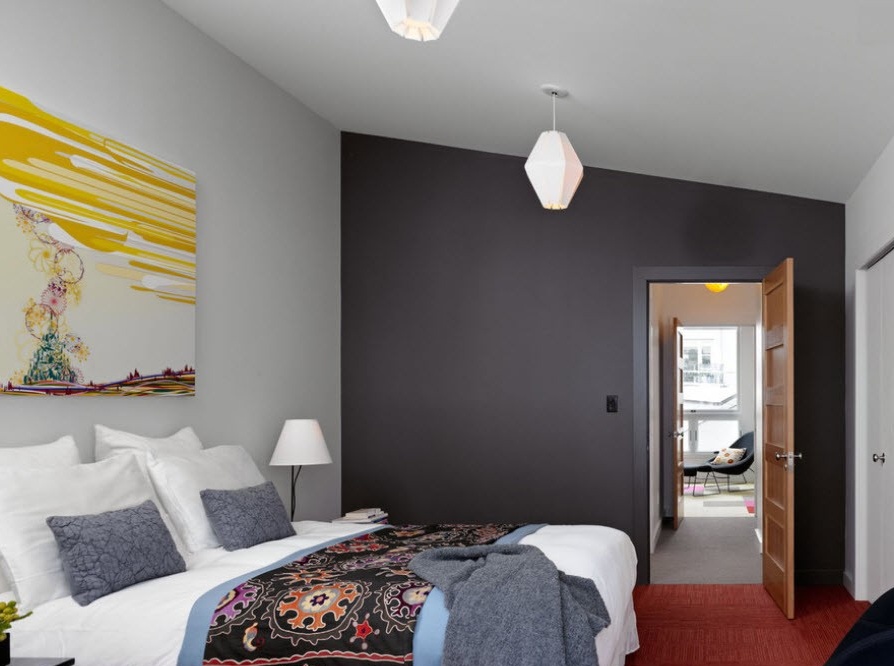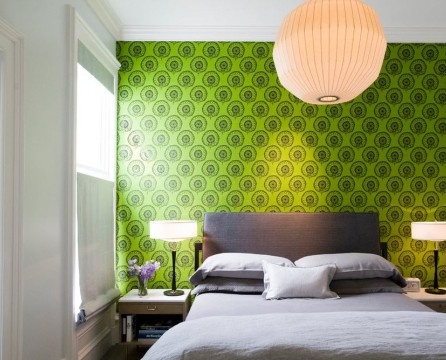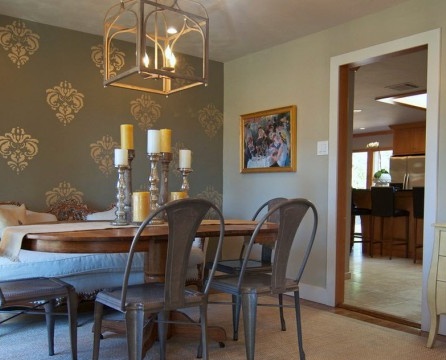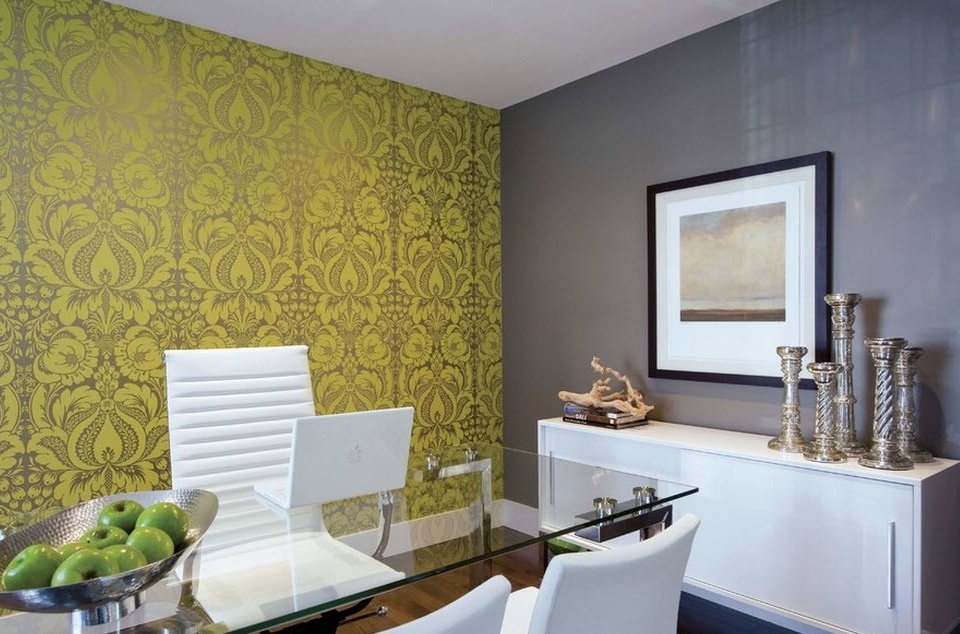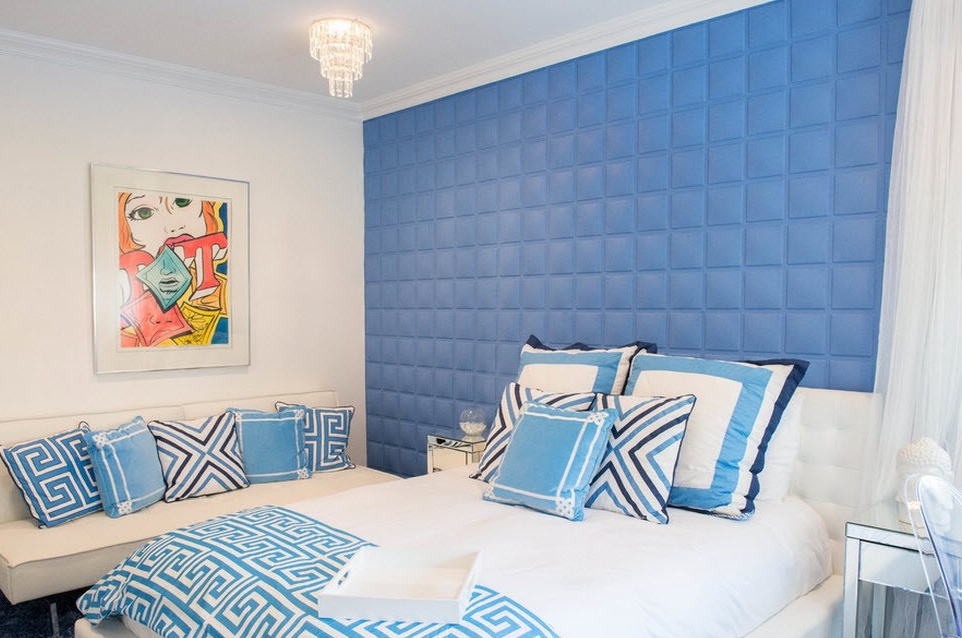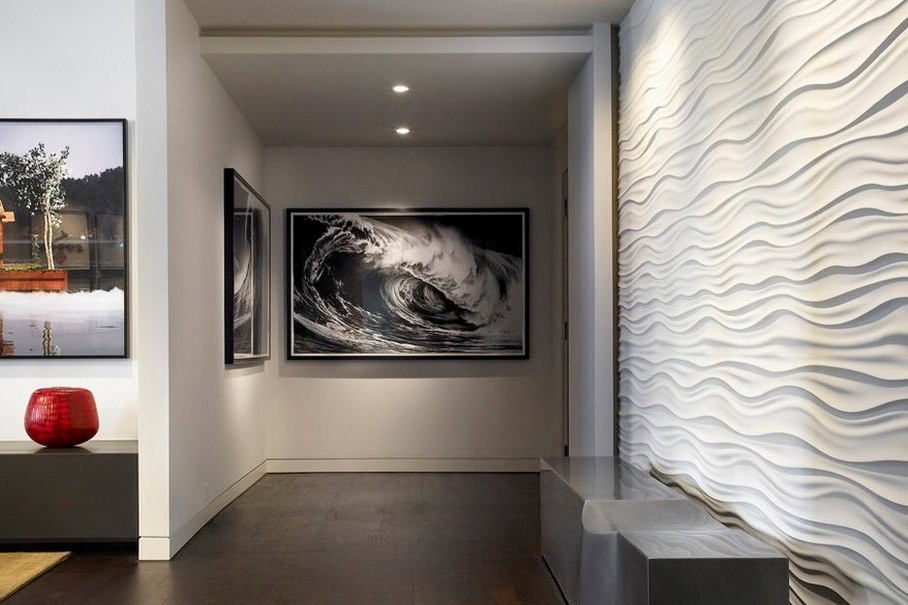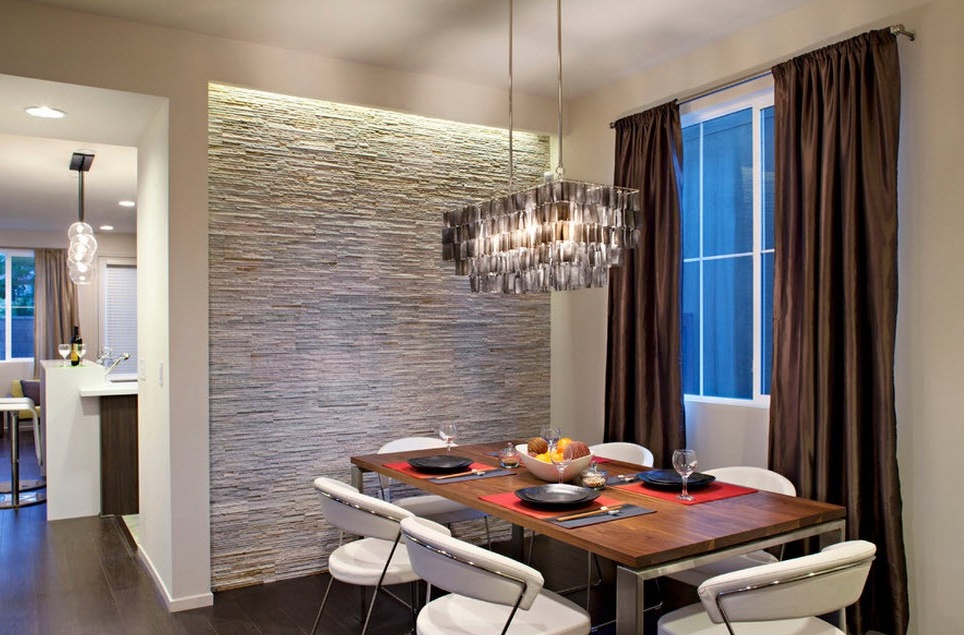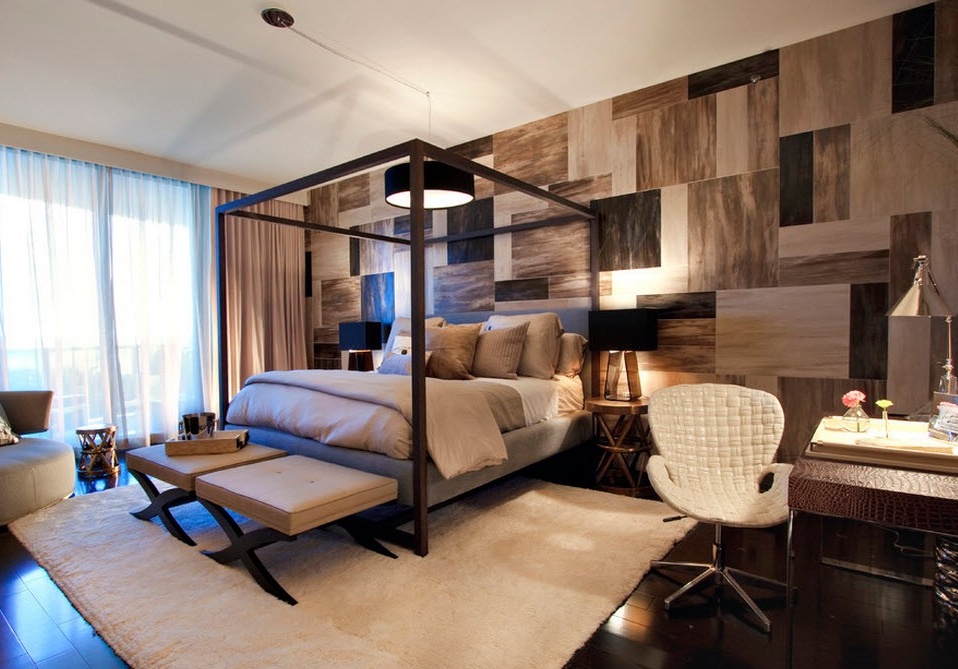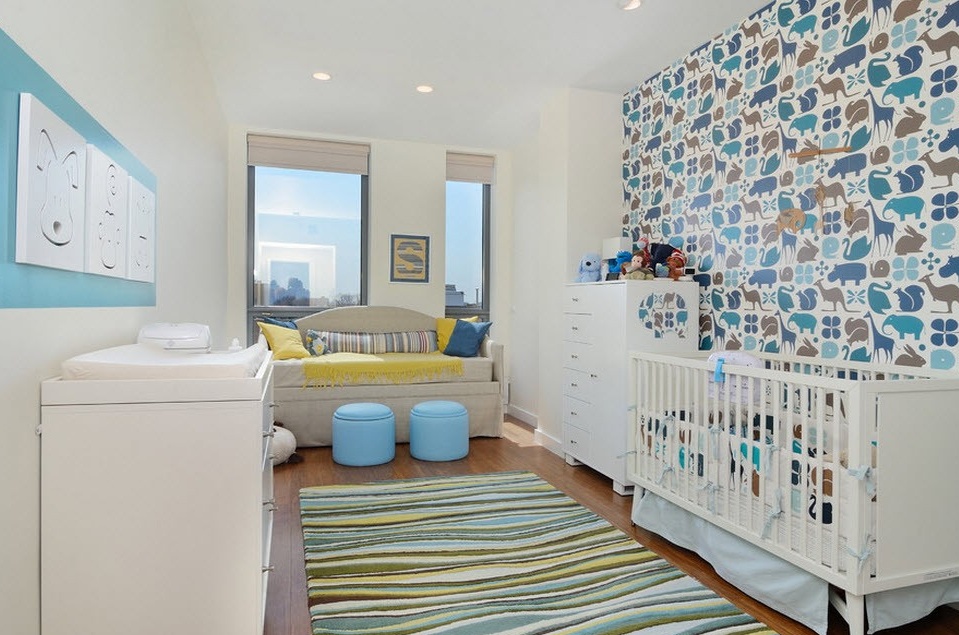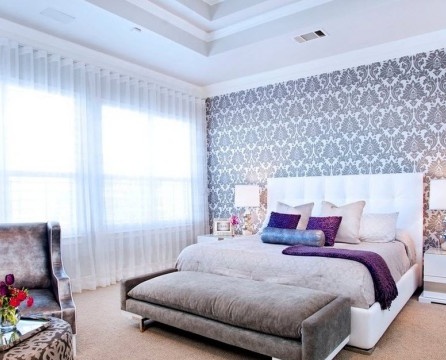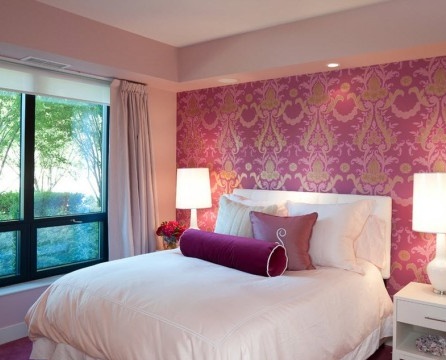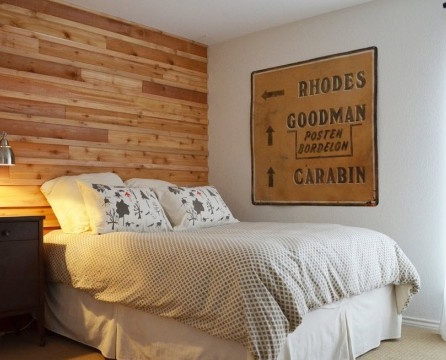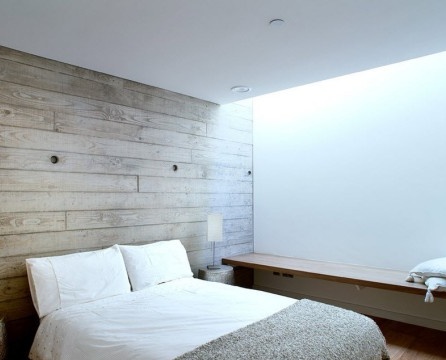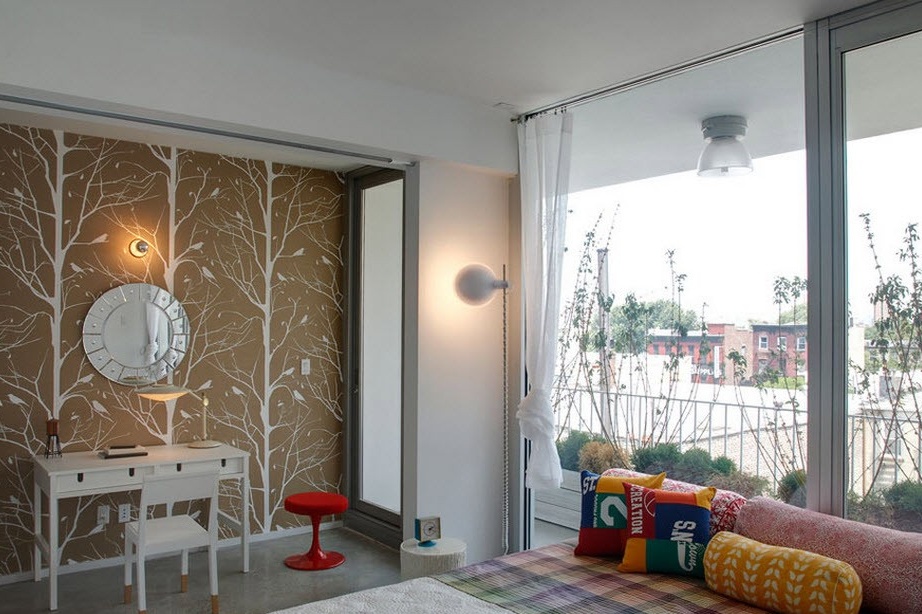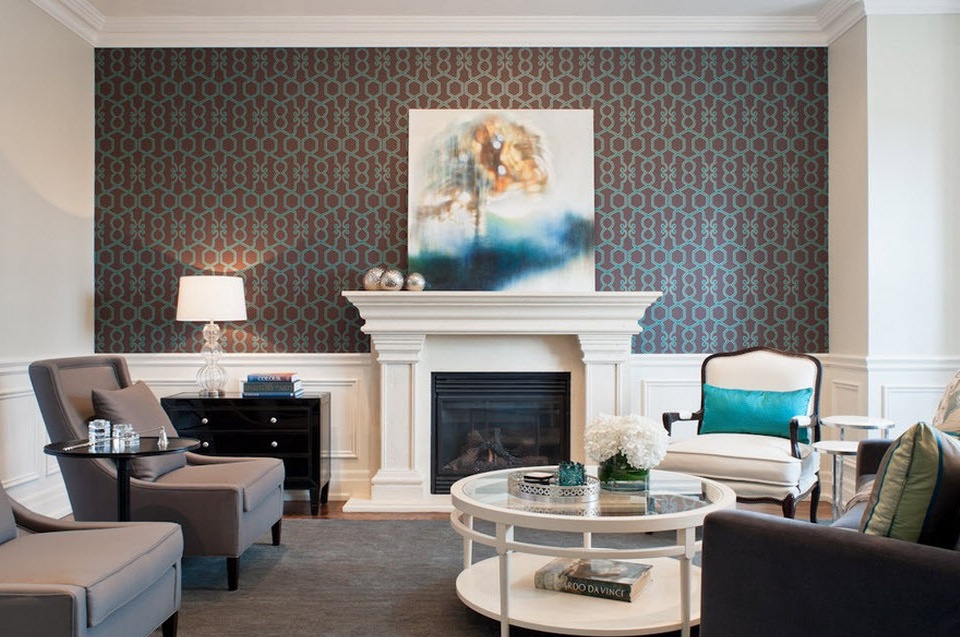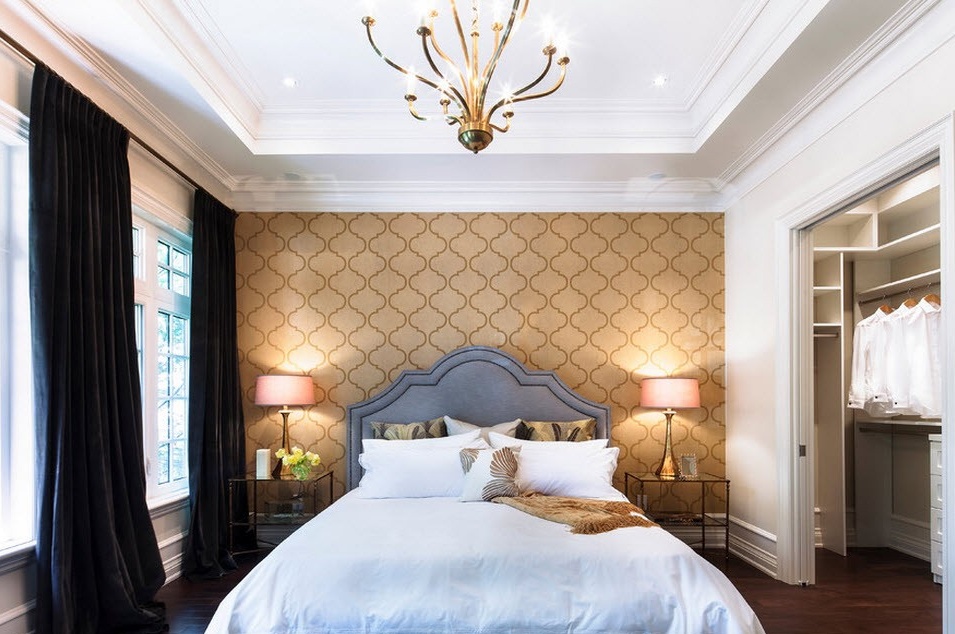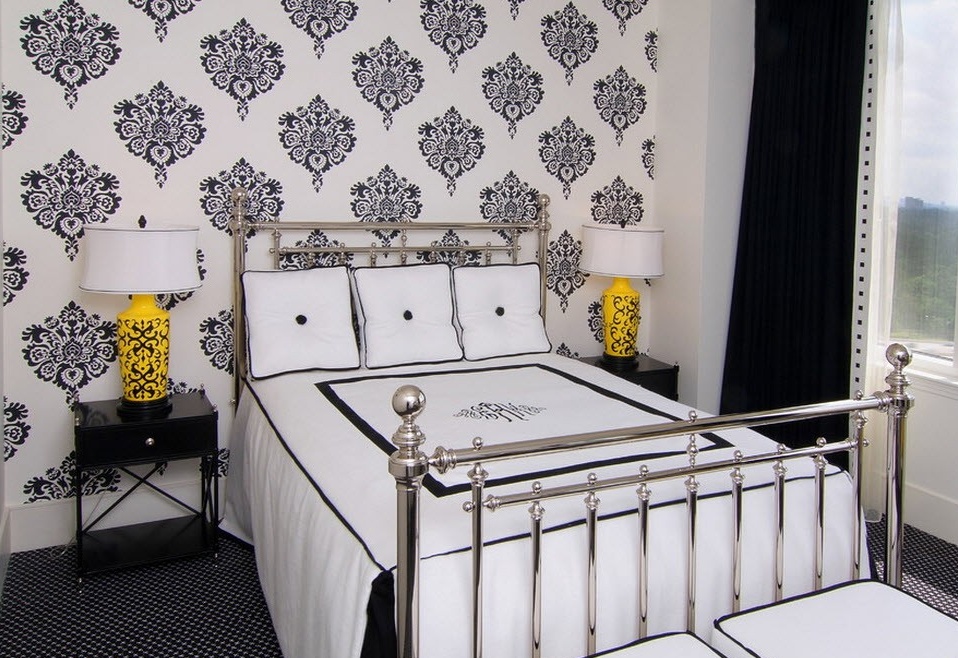Accent wall in the interior: design methods
While working on a design project for their apartment, many are thinking about how to create an exclusive and extravagant interior. However, over time, catchiness and extraordinaryness can interfere with calm and measured life, will cause irritability and poor health. Not everyone is able to constantly be in a room with bright colors or unusual pieces of furniture and accessories. In such cases, accent walls are a kind of compromise in interior design. The accent wall stands out from all the other structural parts of the room due to the unusual color, texture or pattern. She is able to balance the interior of the room:
With the help of an accent wall, you can make the interior more vivid, colorful, interesting, divide the room into different zones. In addition, a catchy wall can attract attention to itself or, conversely, distract from unsightly furnishings and visible building defects. Such a prominent part of the room can combine different compositional, color or style details:
If you decide to create such an element of decor in your apartment, then it is worth considering some tips and rules for its arrangement.
Color spectrum
Color accent is considered the most simple and common way of decorating the wall. To do this, it is enough to paint one wall in the room with a more saturated or contrasting color:
Various patterns and ornaments made according to stencils originally look on a contrasting monophonic background:
In addition to painting the walls, the emphasis can be made using other wallpapers. It is important to choose colors that are combined with the main color scheme in the room:
It is not recommended to use more than two shades in a color accent, as excessive enthusiasm for paints will violate the harmony in the interior. The exception may be themed images or children's rooms:
The color of the accent panel can be the final chord in the game of shades of various accessories. For example, a plain bright blue wall will combine blue elements in various interior details:
Textured accents
The relief pattern on one of the wall panels will focus on the wall. Here, the emphasis is not on color, but on bizarre volumetric patterns that will help relaxation. Such a wall would be very appropriate in the living room or hall:
Decoration with artificial stone or voluminous wallpaper resembling masonry will create an accent that fills the house with a breath of nature. In this way, you can decorate the panels in the dining room, in the kitchen, in the living room:
Volume application on the wall is a great way to draw attention to such an extraordinary accent:
A panel decorated with geometric figures of different shades of wood arranged in a checkerboard pattern will give a distinctive rhythm to the interior:
Where is it better to equip an accent wall
If you want to zone the space of the room, then the accent wall can easily cope with this task. In this way, you can separate the dining area from the living room. And it is not necessary to use other paints or textures. It is quite enough to place various accessories on the wall in different functional areas: paintings or mirrors
In a nursery, it is more rational to separate a resting place from others with the help of an accent wall. Other wallpapers will help transform the space of the room:
The bedroom is the best place to create an accent on the wall. The wall near the head of the bed is room for designer delights. The focusing effect on the panel can be achieved by pasting a wallpaper of a different color or using the stencil technique. At the same time, to preserve the organic design, it is better to pick up several other accessories with similar details or shades:
Wood-trimmed walls at the head of the bed look very unusual. This option is more suitable for ecological style or country.
In the absence of the ability to highlight the head of the bed, you can transfer the emphasis to another wall:
In a classic-style office, an accent wall can be designed in combination with furniture by choosing a material that imitates the leather of the upholstery of an armchair or chairs. Geometric shapes on such a panel will look very interesting:
In the kitchen, a panel with a contrasting accent simultaneously serves as a wall for placing shelves and other accessories and as a partition:
In a living room with a two-color design, the accent wall can become the center of the connection of these primary colors:
I would also like to dwell on the accent panel in the children's rooms. In addition to dividing into different sections, the wall can become an interesting place for children's creativity. Application on a smooth plain surface is a great activity for a child with parents. The drawing that you plan to put on the wall can be purchased ready-made, or you can do it yourself. This may be a thematic picture with a logical continuation. One-color stickers can be taken as a basis. Attaching various details to them (for example, autumn leaves, bright flowers or snowflakes), the child will independently create diversity in his room and learn to create wall panels:
Most often, for an accent wall in a nursery, choose wallpaper with drawings. These can be educational pictures, for example, with letters, numbers or animals:
Or just lines forming patterns and ornaments. Children love to look at the lines forming intricate mazes. Do not forget that the shades on the wall should find companions in other interior items: pillows, furniture upholstery, textile details:
Summarizing the above, it can be noted with confidence that the accent wall is able to visually transform the area of the room, create the feeling of additional volume:
Make the room brighter and more spacious:
Play a variety of details, accessories and patterns used in the design of the room:

